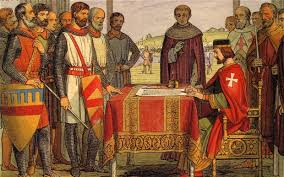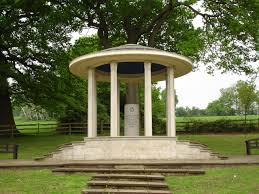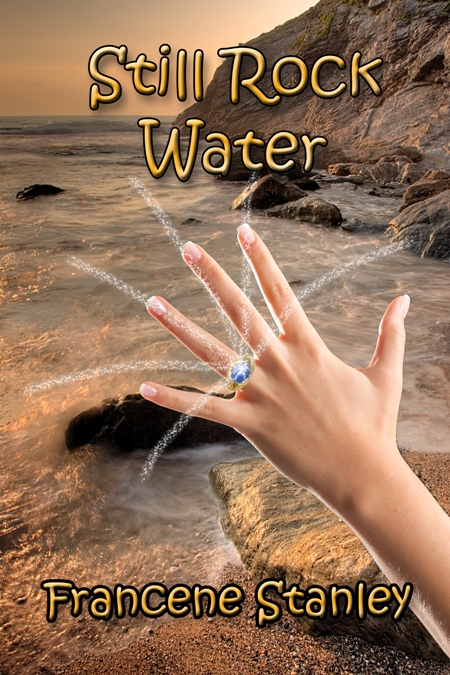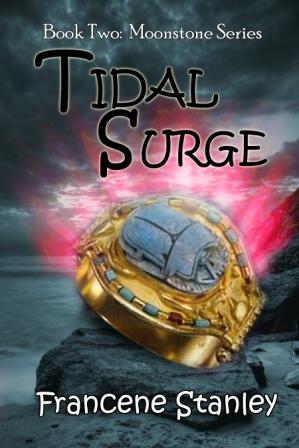
Runnymede; what a wonderful name. I love the way it rolls around the mouth. Language should be celebrated and treasured, as are the words of the landmark document.
Magna Carta was granted by King John of England on 15 June 1215, establishing that the king was subject to the law rather than being above it. I imagine his reluctance to sign his absolute power away. King John agreed the charter presented by a group of leading barons, led by Robert fitzWalter, exasperated at the king's arbitrary rule and high taxes. It was in effect a peace treaty designed to head off armed conflict. However, it failed.
Six new UK stamps feature text from Magna Carta, and other charters, bills and declarations that have developed the rule of law around the world.
Much of Magna Carta baffles modern readers, couched in medieval jargon and concerned with the detail of relations between the king and his most powerful feudal tenants. And the charter's most significant innovation, a security clause in which the king was subjected to the oversight of a panel of 25 barons, proved impossible to implement.
But the document quickly gained a central place in English political life and remains a touchstone of English liberties.
 Magna Carta memorial at Runnymede
Magna Carta memorial at Runnymede Magna Carta outlined basic rights with the principle that no-one was above the law, including the king.
It charted the right to a fair trial, and limits on taxation without representation.
It inspired a number of other documents, including the US Constitution and the Universal Declaration of Human Rights.
However, only three clauses are still valid: the guarantee of the liberties of the English Church; the confirmation of the privileges of the City of London and other towns; and the clause stating that no free man shall be imprisoned without the lawful judgment of his equals
One original copy is owned by Lincoln Cathedral and one by Salisbury Cathedral. The British Library has two copies of the 1215 Magna Carta.
Everyone may not be born equal, but it's reassuring to know our human rights were upheld under English law eight hundred years ago. Many inequalities still exist, but we are making steady progress to ensure everyone can be free. Do you think we've advanced human rights fast enough?





 RSS Feed
RSS Feed
